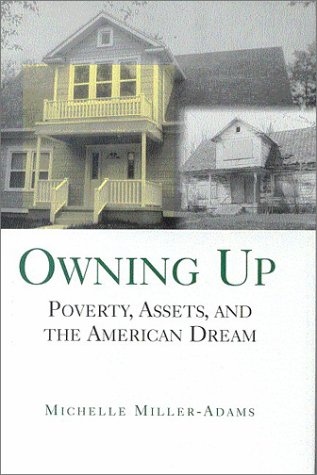

Most ebook files are in PDF format, so you can easily read them using various software such as Foxit Reader or directly on the Google Chrome browser.
Some ebook files are released by publishers in other formats such as .awz, .mobi, .epub, .fb2, etc. You may need to install specific software to read these formats on mobile/PC, such as Calibre.
Please read the tutorial at this link: https://ebookbell.com/faq
We offer FREE conversion to the popular formats you request; however, this may take some time. Therefore, right after payment, please email us, and we will try to provide the service as quickly as possible.
For some exceptional file formats or broken links (if any), please refrain from opening any disputes. Instead, email us first, and we will try to assist within a maximum of 6 hours.
EbookBell Team

4.3
98 reviewsMiller-Adams expands the traditional concept of assets to encompass a range of tools, experiences, resources, and support systems that are necessary if asset building is to serve as an effective anti-poverty strategy. She identifies four types of assets that can represent sources of wealth for low-income individuals and communities: economic human social, and natural assets. Economic assets include equity, retirement savings, and other financial holdings. Human assets include education, knowledge, skills, and talents. Included among social assets are the networks of trust and reciprocity that bind communities together. Natural assets include the land, water, air and other natural resources we depend on for survival.
Owning Up also examines five organizations at the forefront of building assets for the poor. Their stories are told through the eyes of individuals whose lives they have helped transform. These organizations have all developed effective strategies for building assets, and Miller-Adams identifies them as models to be emulated elsewhere.